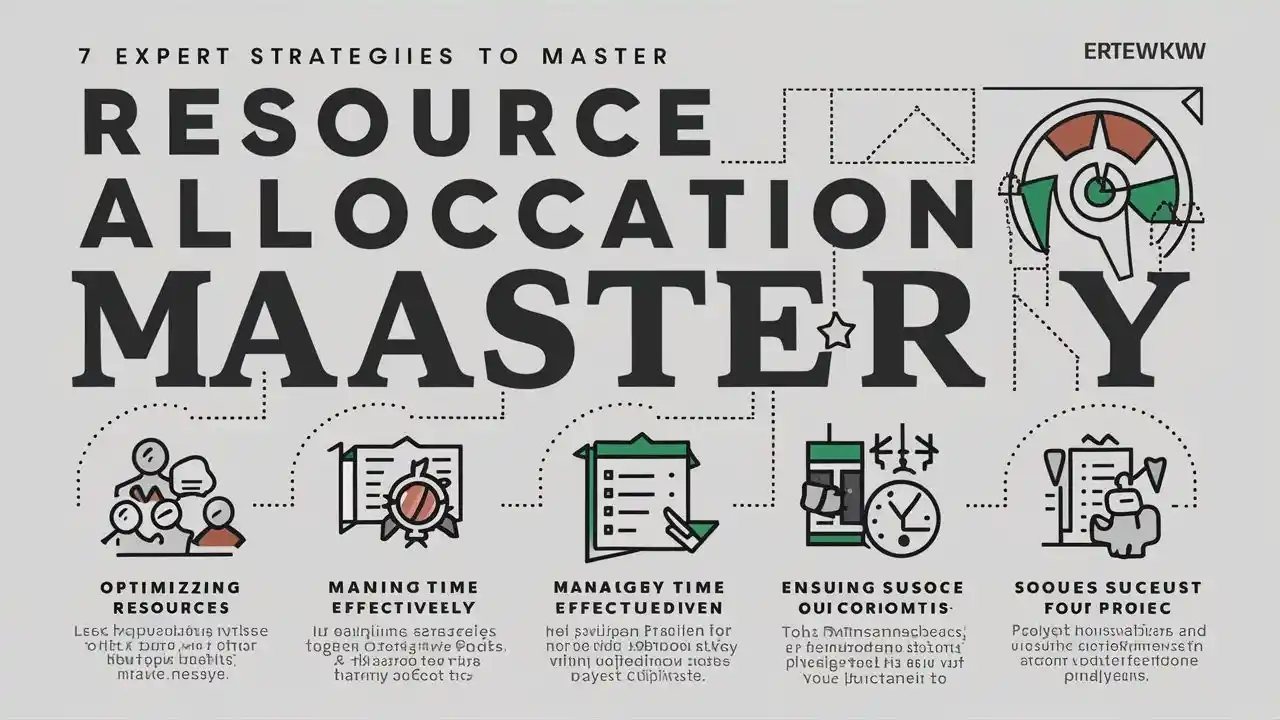For many young professionals, that is the question.
Given the amount of time, money, and effort that an MBA really requires, it’s important to think ‘ Is an MBA degree really worth it?’
Table of Contents
Understanding the MBA Degree
The basis for your decision
Career Opportunities
Having an MBA puts you in a good position to outshine up the corporate ladder more speedily, increase your pay, and/ or start your own business. An MBA could be crucial in acquiring the experience you need to have a competitive advantage in the job request — and this isn’t a bad basis to follow one.
Pupils looking to develop skills around influence frequently have unique opportunities to do so during the MBA experience.
Some students indeed come to the business academies to explore an entrepreneurial path.
Here are some of the most common career opportunities that MBA graduates take:
- Banking and Finance
- Venture Capitalist
- Product Manager
- Marketing Management and Market Research
- Operations Management and Logistics
- Human Resources
- Entrepreneur
Expand and diversify Networking
Business institution connects you to people from all around the world in different stages of their lives. From current business holders to aspiring entrepreneurs, you’ll network with a broad range of individuals who could veritably conceivably become your upcoming business mates.
Maximum MBA programs offer access to networking events hosted by clubs and employers, as well as affinity networks and student-led conferences — all openings that could expand your reach, and thus, your chances of success in the business world.
Building Leadership
The coursework is often structured around group arrangements, so you’ll learn how to lead companies and work well with others, just like what you generally need to be capable to do in any work atmosphere.
Learning Risk Management
All businesses involve risks, but MBA programs will educate you on how to take risks in the most effective way to limit downfall. It’ll prepare you with analytical expertise and training to take quality-controlled chances.
To future-ready your career
The skills numerous companies are looking for range from empathy and team management to understanding how to look ahead, set strategic objectives, and influence stakeholders from different backgrounds. Students looking to develop expertise around influence frequently have unique chances to do so during the MBA experience. The challenges businesses face today, require the students to come with solutions. An MBA could be crucial in acquiring the experience you need to have a competitive advantage in the job market — and this isn’t a bad basis to pursue one.
The basis not for your decision
You’re looking for a magic stick
An MBA might help in getting a job interview, but it’ll not guarantee the aspirant will land that job. An MBA isn’t a “ magic stick” that will automatically admit you to advanced-paying jobs with major responsibilities. It takes passion, proactivity, and hard work to expand your knowledge and expertise.
Opportunity Cost:
Along with the monetary costs of paying for a degree, you have to weigh the pay you’re forgoing in a job while studying. That’s called the opportunity cost, but again, the upside is that once you graduate with an MBA, your payment will be advanced so you can make that money back more speedily.
FAQ
Most frequent questions and answers
Is an MBA worth it later in life?
With people working longer, there are more chances later in life for job changes, career changes, and openings to move up by getting an education later in life. Skills they learned in MBA, like risk management, leadership, and networking, will always help them in their future decision.
Do I have to go for an MBA to get a degree in HR?
You can do that. However, you can also get a Master’s degree in HRM without the need to go for an MBA.
Does an MBA get you a better job?
Having an MBA puts you in a good position to excel up the corporate ladder more quickly, increase your salary, and/or start your own business. goals keeping in mind the employees’ needs as well.
What is the best age to do an MBA?
There is no real age demand to do an MBA. maximum students generally pursue a graduate degree like this when they are in their mid-to-late-20s. Being in this age group gives them a good chance to gain some work experience, as well as some time and workability to determine where they’d like to work after they graduate from the business academy.
Is it hard to get a job after MBA?
An MBA might help in getting a job interview, but it’ll not guarantee the aspirant will land that job. An MBA isn’t a “ magic stick” that will automatically admit you to advanced-paying jobs with major responsibilities. It takes passion, proactivity, and hard work to expand your knowledge and expertise.











